Welcome to issue 7 of the Call to Comms!
Women represent 40% of all humanitarian workers. They are at the forefront of the response, but are they taken into account in shaping that response? What struggles do they face? What do they bring to the sector? Monique Lanne-Petit, co-founder and director of TSF, shares her memories of her early days in the field and explains why it is so important to have mixed teams.
💬 In this week's issue:
Women in NGOs
4 out of 10 of humanitarian workers are women, but the ratio between men and women in senior management positions is 1 to 0.69. This phenomenon is less pronounced in NGOs than in the UN, where the higher the rank, the fewer women there are.
What difficulties do humanitarian female workers face? And why is it important to include them at all levels?
What difficulties humanitarian female workers face
On 24 December 2022, the ban on women working in NGOs in Afghanistan shook the humanitarian world. This is an extreme case, but women working in NGOs still face difficulties: unwanted touching, persistent sexual advances affect about half of the 1,000 female humanitarians surveyed by The Humanitarian Women's Network. This can limit women's opportunities in the sector or drive them away altogether, even though they can make a significant contribution to the humanitarian response.
What women can bring to humanitarian action and response
In a survey run by the Office for the Coordination of Humanitarian Affairs (OCHA), 55% of women humanitarians believe that women have the ability to speak with other women from affected communities more easily.
“It's easier for a woman to have contact with women, regardless of the culture.” Monique Lanne-Petit, TSF co founder
Women responders can provide a space for women’s voices. They also bring different perspectives because of their gender, which can promote gender equality in the humanitarian response if taken into account.
“Experience and research show that when women are included in humanitarian action, the entire community benefits.”
🗞 Latest news from TSF, our partners and the humanitarian web
- Snapshots: A Syrian photographer captures life after the quakes
- Integrating Social Media and Satellite data for disaster management A think piece on how satellite data can help monitor environmental changes and support disaster response and recovery from natural disasters, and how Twitter can become a risk-reduction tool.
Meet Monique Lanne-Petit, co-founder of TSF
On the occasion of International Women's Day, we asked TSF Director Monique Lanne-Petit about her career. She shares her stories and memories of her early days in the humanitarian field, what still motivates her today, the key elements of her career and her experience as a woman in humanitarian crises.
It’s been decades, but it’s still one of the memories that stay with her. Monique shares the experience of leaving France for what was still Yugoslavia, at 24 years old. The men had gone to war, leaving women to mobilise.
“These women were so appreciative that we came to support them, because they felt that they were no longer alone. They were fighting every day, under the bombs. We cried together, but we also laughed together and we tried to help them.”
As a woman in the humanitarian sector, she quickly realised the women they helped were more at ease when they could talk to female humanitarian workers.
“We know very well that mixed teams are important, precisely to be able to approach women, to be sure that women will express themselves on their difficulties, their needs. As a result, you take into account their specific needs, their context and you can include them in the final response.”
For more, read our article :
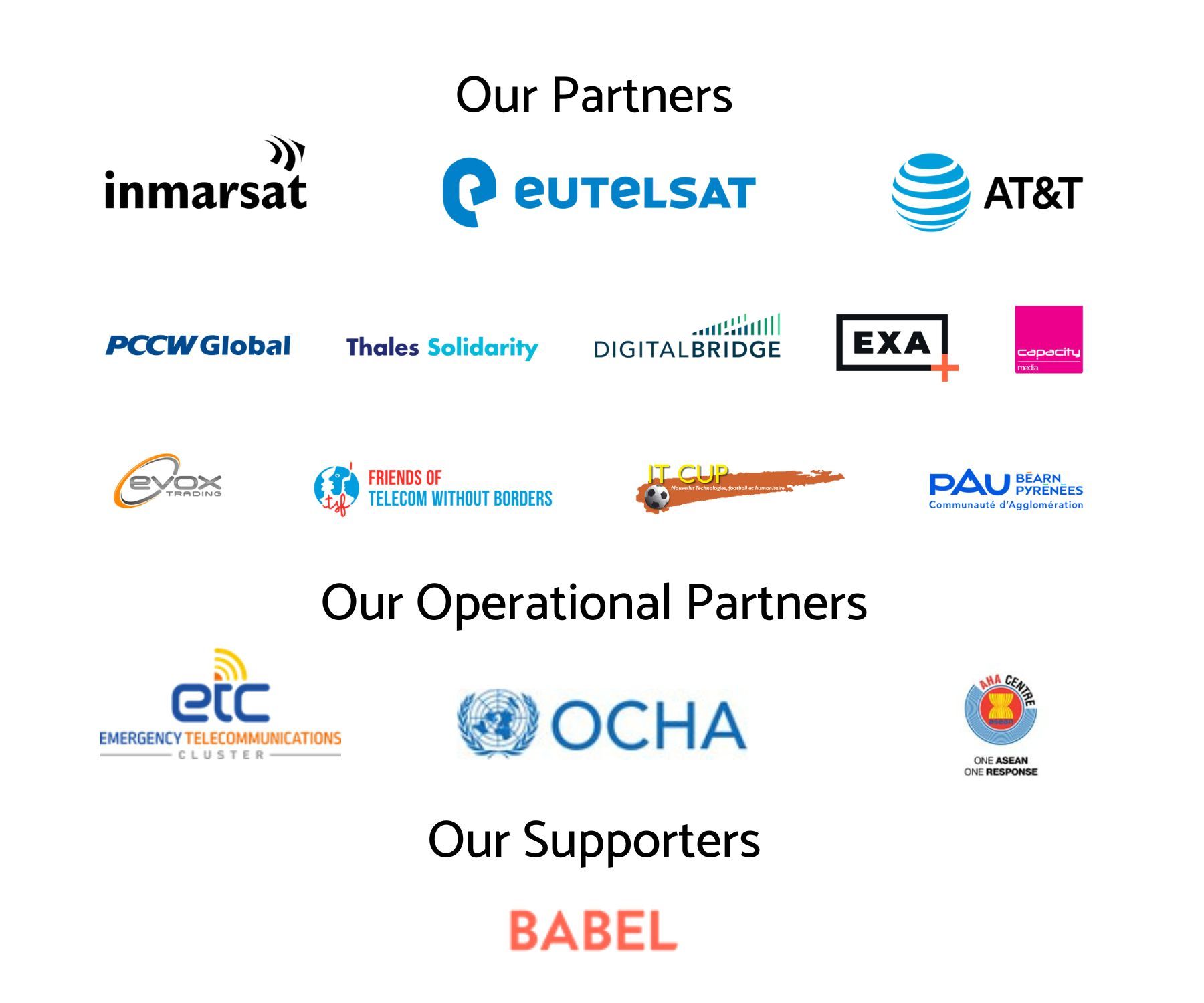


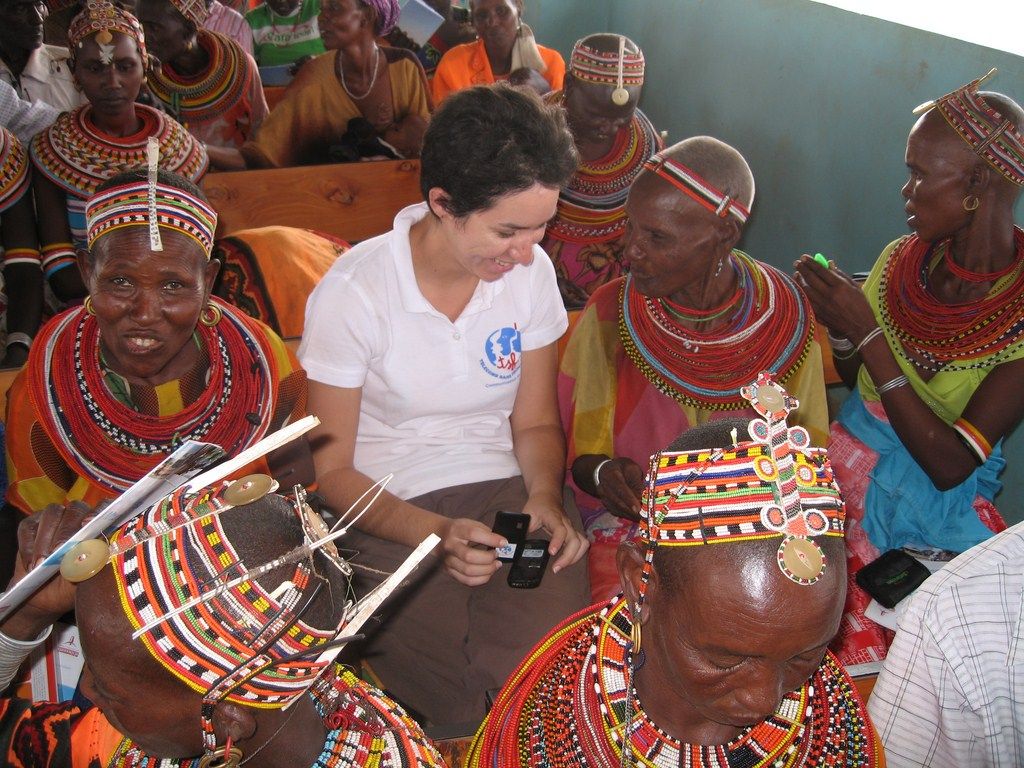



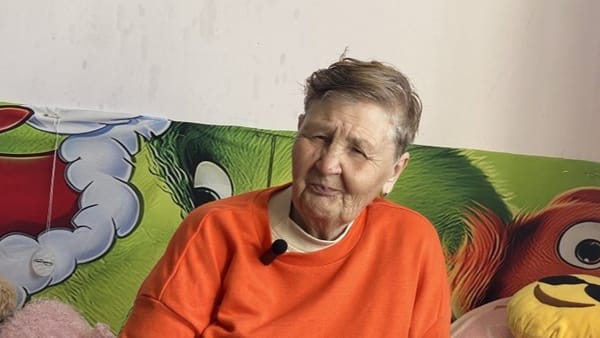
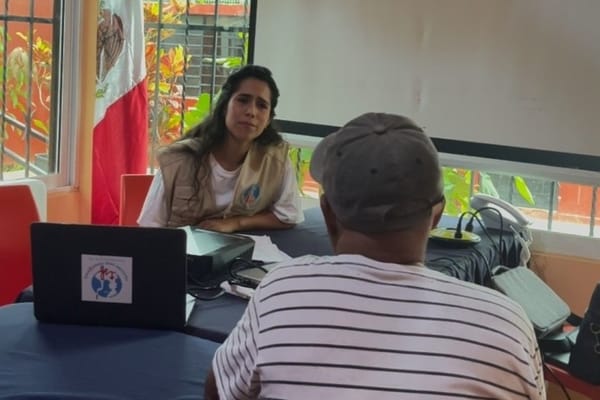

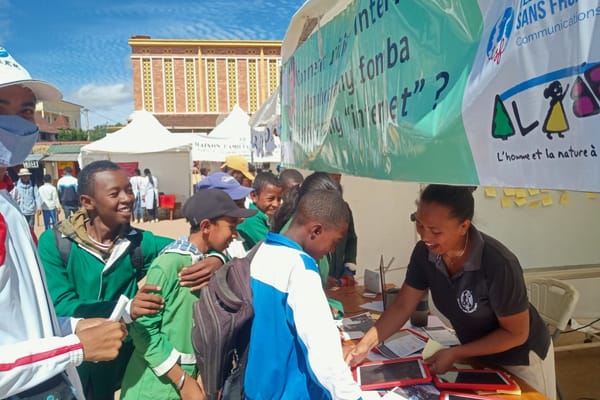
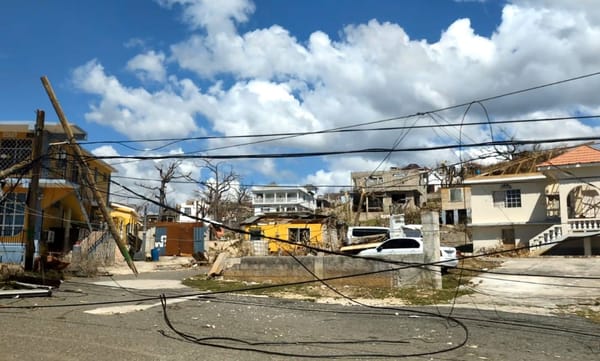
Member discussion